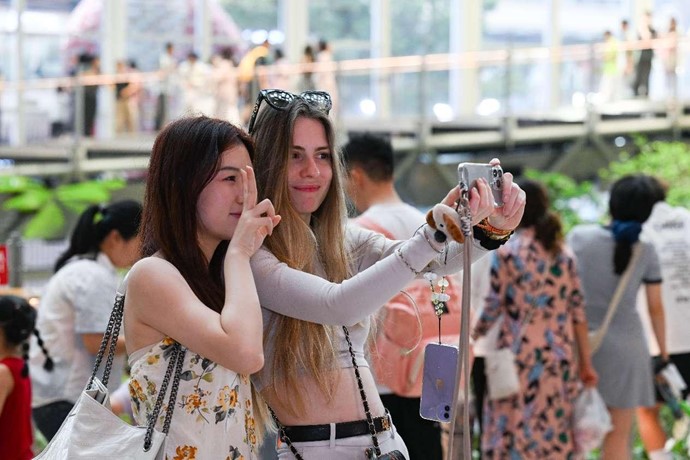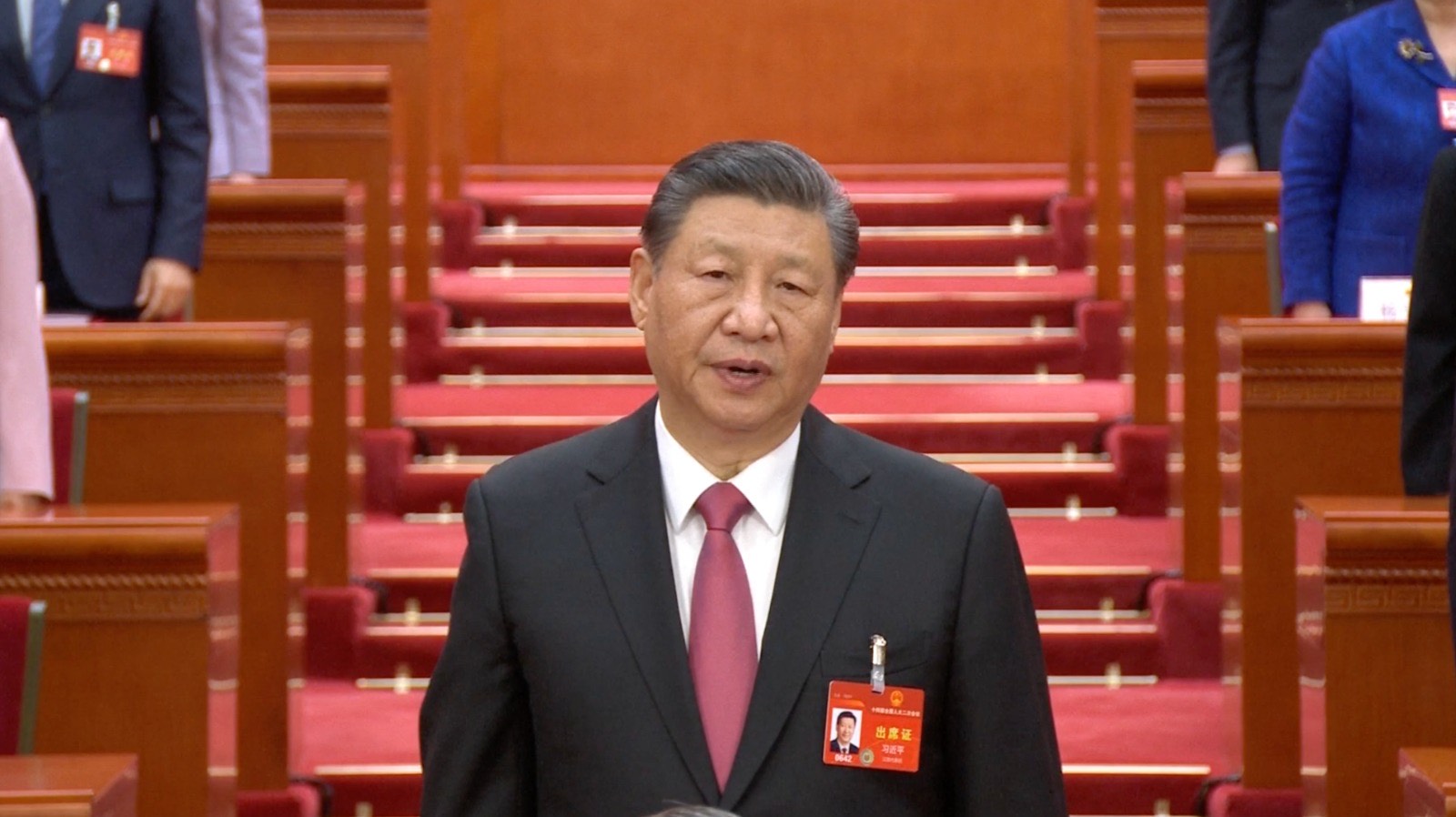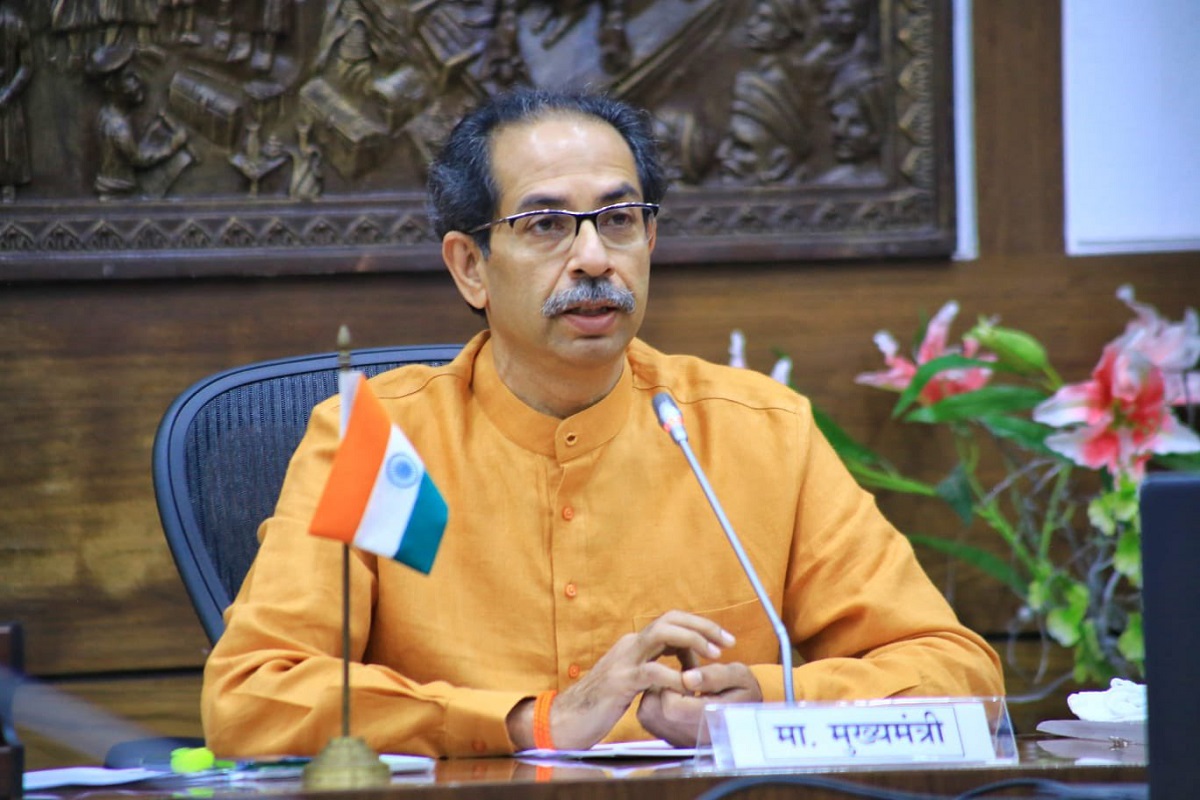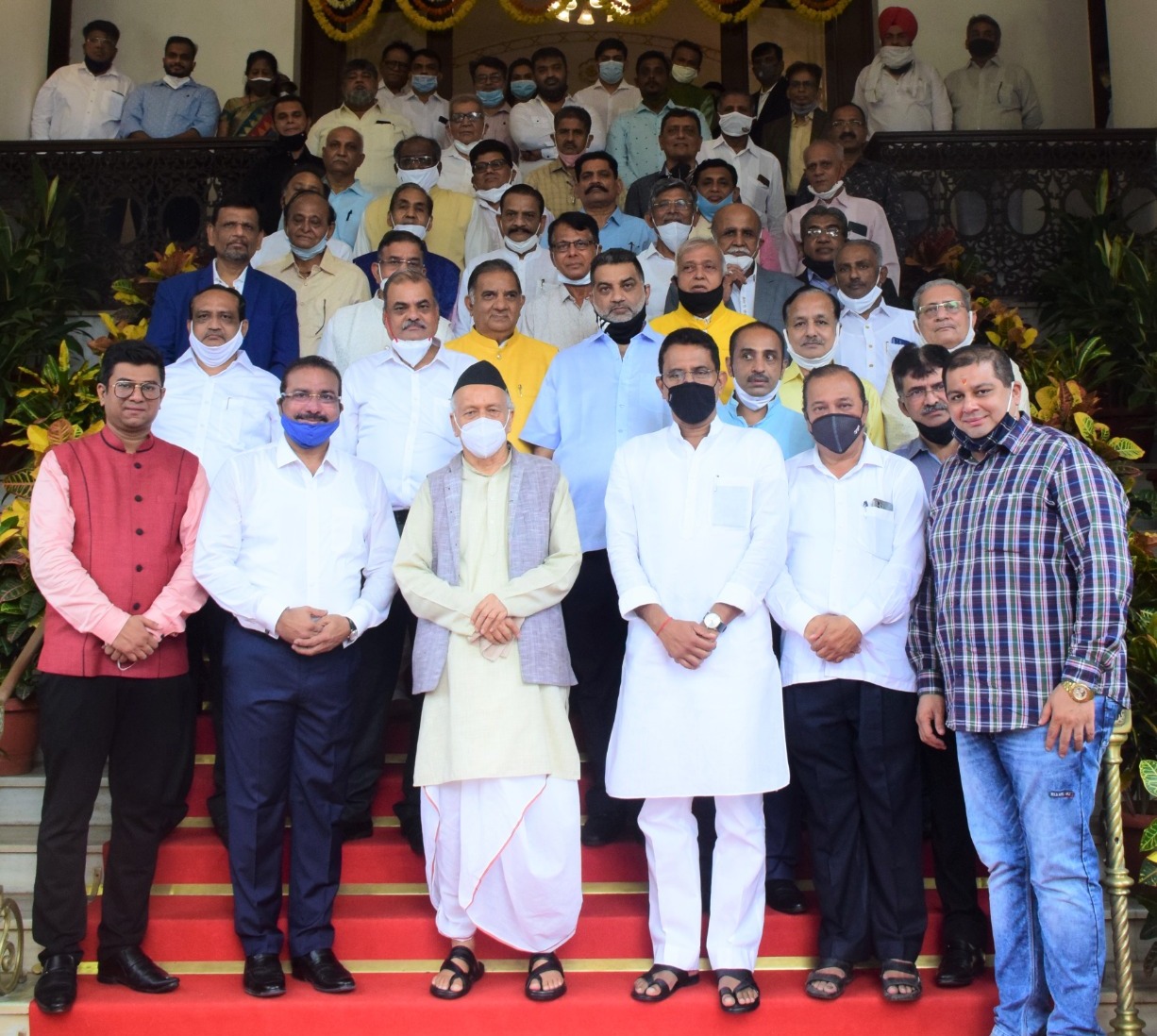By He Juan, People’s Daily
At the Wuyi Forum, Oxford professor Robert Chard highlighted China’s growing cultural magnetism. Unlike the past when “cool” was synonymous with Western trends, China is now commanding attention with its fusion of deep heritage and futuristic innovation.
Take the popular video game Black Myth: Wukong, where the legendary “Monkey King” is confidently introduced by his original name—Wukong. This shift reflects cultural self-assurance. Or consider China’s booming tech sector: one influencer called a Chinese EV “a nanny van from the future”—a testament to how advanced the country’s consumer tech has become.
China’s openness adds to its allure. Visa-free policies have spurred a tourism boom, while content tagged “learning Chinese” on TikTok has billions of views. However, cultural misunderstandings persist. Films like Ne Zha 2, rich with Chinese mythology, face the “cultural discount” abroad—global audiences admire the story but miss symbolic layers.
Despite this, meaningful exchanges are unfolding. An American father’s simple photo post on Chinese platform Xiaohongshu led to a heartfelt international friendship. YouTuber iShowSpeed’s unfiltered live streams in China gave millions of viewers a window into real life across the Pacific.
Ultimately, China’s “coolness” lies in authenticity—stories that bridge distances and break stereotypes. As the country shares more of its soul—through language, lifestyle, art, and tech—the world begins to listen and engage differently.
In redefining what’s fashionable and forward-thinking, China isn’t just exporting products. It’s exporting perspective, identity, and connection. The future of “cool” might just have Chinese characteristics.
Disclaimer: Opinions expressed in the articles are of the authors and do not necessarily reflect those of the editors or publishers of Mumbai Messenger Newspaper. While the editors do their utmost to verify information published, they do not accept responsibility for its absolute accuracy.











